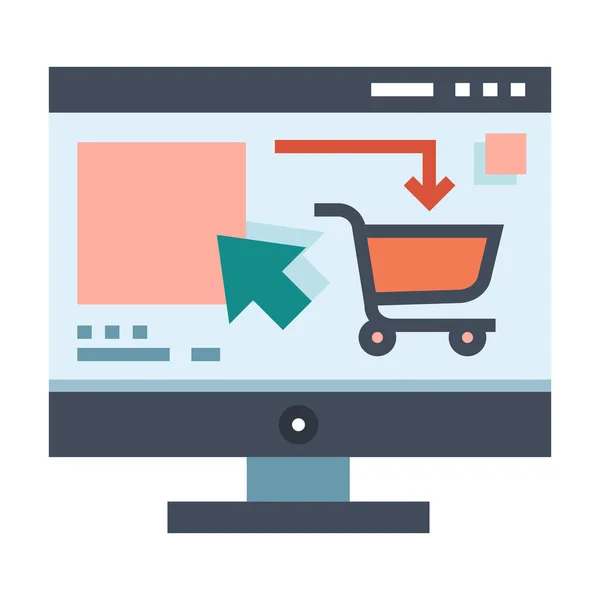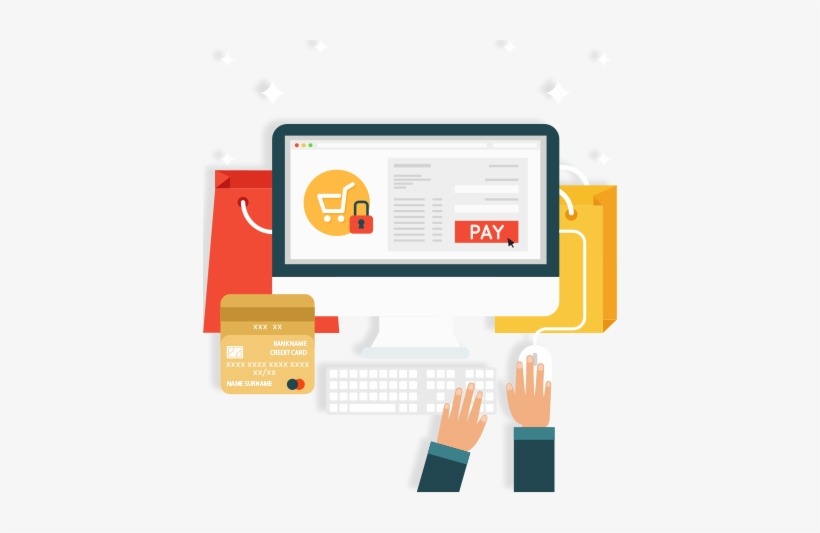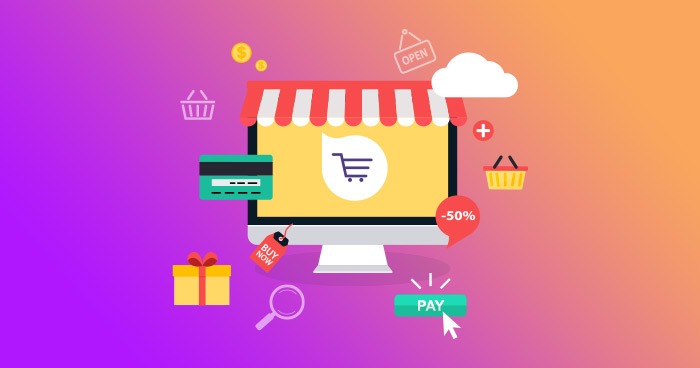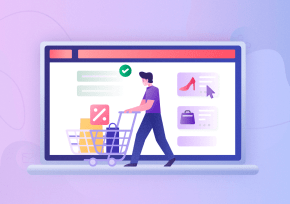Ecommerce has come a long way from its early days of online marketplaces. The rapid advancements in technology, changes in consumer behavior, and the ever-evolving digital landscape have paved the way for exciting trends that are shaping the future of ecommerce. In this article, we’ll explore the trends that you simply can’t afford to overlook if you’re in the ecommerce industry.

The Rise of Social Commerce
In recent years, social media has emerged as a powerful platform for driving ecommerce sales. The Influence of Social Media cannot be overstated. With billions of users spending a significant portion of their time on platforms like Instagram, Facebook, and TikTok, brands are leveraging this massive audience to showcase their products and engage with potential customers. Shoppable Posts and Stories take the shopping experience directly to users’ feeds, making it easy for them to make purchases without leaving the app.
Personalization Redefined
AI-driven Product Recommendations have revolutionized how consumers discover products online. By analyzing user behavior and preferences, AI algorithms suggest products that align with individual tastes, increasing the likelihood of conversion. Hyper-Personalized Shopping Experiences take this a step further, tailoring every aspect of the online shopping journey to the individual, from product suggestions to website layout.
Voice Commerce: The Next Frontier
Voice Search and Purchases are changing the way consumers interact with online stores. The convenience of making purchases through voice commands is driving the adoption of this technology. Voice-Enabled Shopping Devices like smart speakers and virtual assistants provide a hands-free shopping experience, streamlining the path to purchase.
Sustainable Ecommerce Practices
As environmental concerns grow, ecommerce is adapting by incorporating Sustainable Practices. Eco-Friendly Products and Packaging appeal to environmentally conscious consumers, while Ethical Sourcing and Fair Trade practices ensure that products are sourced responsibly, benefiting both artisans and the planet.
Augmented Reality and Virtual Reality in Ecommerce
Virtual Try-Ons and Fittings allow customers to visualize products before buying, reducing the uncertainty of online shopping. Enhanced Shopping with AR lets users interact with products in a virtual environment, adding a new dimension to their decision-making process.

Seamless Checkout and Payment Innovations
Frictionless Payment Processes are crucial for minimizing cart abandonment rates. Streamlined checkouts, one-click payments, and digital wallets offer customers a hassle-free payment experience. Integration of Cryptocurrencies introduces a new form of digital payment, appealing to tech-savvy shoppers.
Same-Day and Instant Delivery
Instant Gratification is driving the demand for Same-Day and Instant Delivery options. Drone Deliveries are being tested as a futuristic solution, while Micro-Fulfillment Centers located closer to consumers enable swift order processing and delivery.
Social and Environmental Responsibility
Consumers are increasingly supporting brands that demonstrate Social and Environmental Responsibility. Corporate Social Responsibility initiatives and Green Initiatives not only contribute to positive social change but also enhance brand reputation.
The Power of User-Generated Content
Customer Reviews and Testimonials provide authentic feedback, influencing purchase decisions. Collaborations with influencers allow brands to reach wider audiences through trusted individuals.

The Convergence of Online and Offline Shopping
Pop-Up Shops and Experiential Retail spaces bring the tactile experience back to shopping, while Click-and-Collect Services bridge the convenience of online purchasing with in-store pickups.
Data Security and Privacy
Ensuring Data Security and Privacy is paramount in an era of cyber threats. Secure Payment Gateways protect sensitive information, and regulations like GDPR build consumer trust by ensuring their data is handled responsibly.
Mobile Commerce Continues to Thrive
Mobile devices remain central to online shopping. Mobile-Optimized Shopping experiences are crucial for providing a smooth interface on smaller screens. Mobile Payment Apps offer convenient ways to pay on the go.

Subscription-Based Models
Subscription-Based Models are fostering customer loyalty. Subscription Boxes and Services deliver curated products regularly, enhancing the element of surprise. Loyalty Programs further incentivize repeat purchases.
The Globalization of Ecommerce
Ecommerce transcends borders, but challenges like language barriers and cross-border logistics persist. Breaking Language Barriers with translation tools and localized content opens new markets. Overcoming Cross-Border Selling Challenges requires navigating regulations and customs.
Conclusion
The future of ecommerce is marked by innovation, personalization, and sustainability. Brands that embrace these trends are poised to thrive in the dynamic digital landscape. By staying attuned to the changing preferences of consumers and harnessing the power of technology, the ecommerce industry is set to reshape the way we shop.
FAQs (Frequently Asked Questions)
- What is social commerce? Social commerce refers to the integration of ecommerce within social media platforms, enabling users to browse and buy products without leaving the app.











